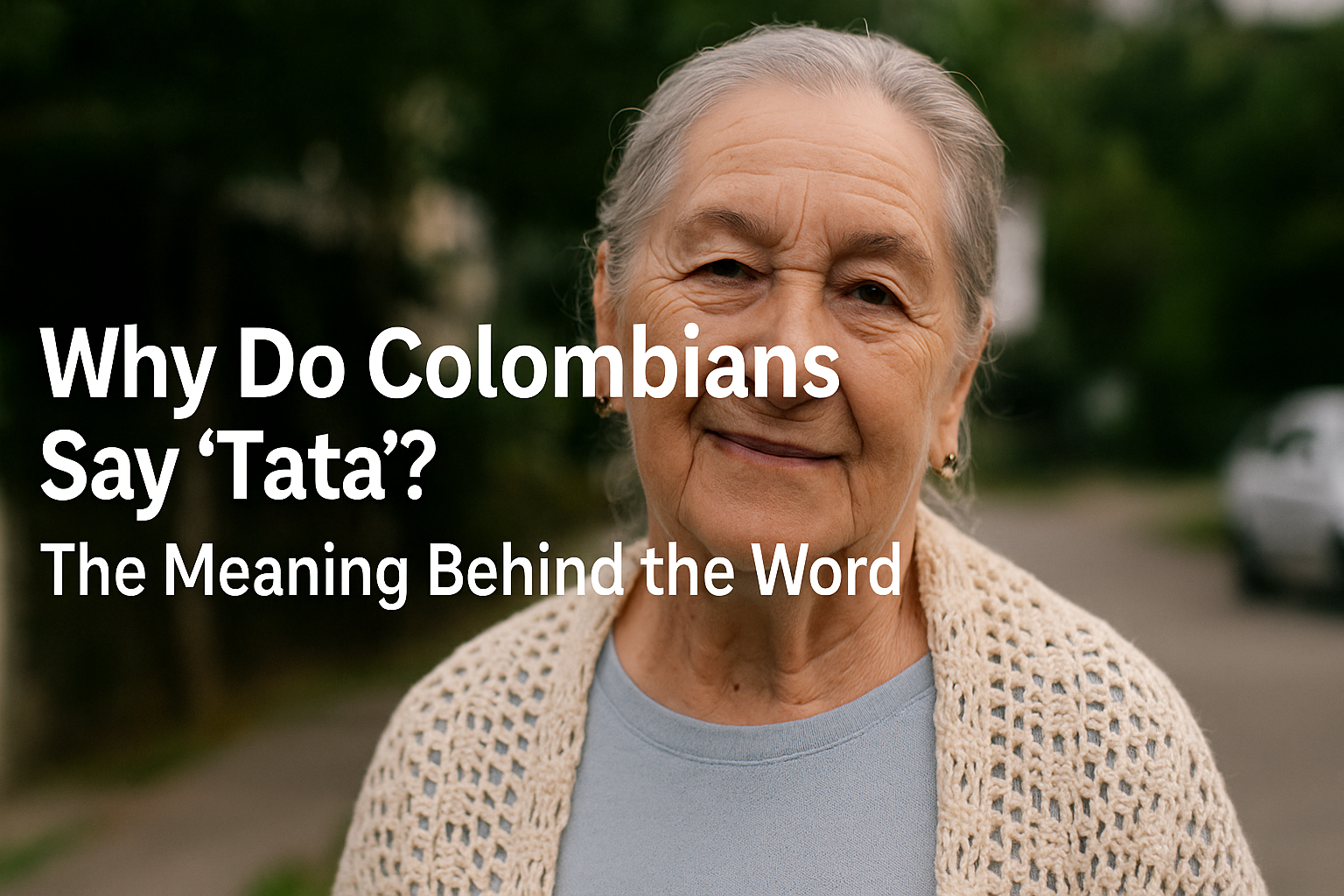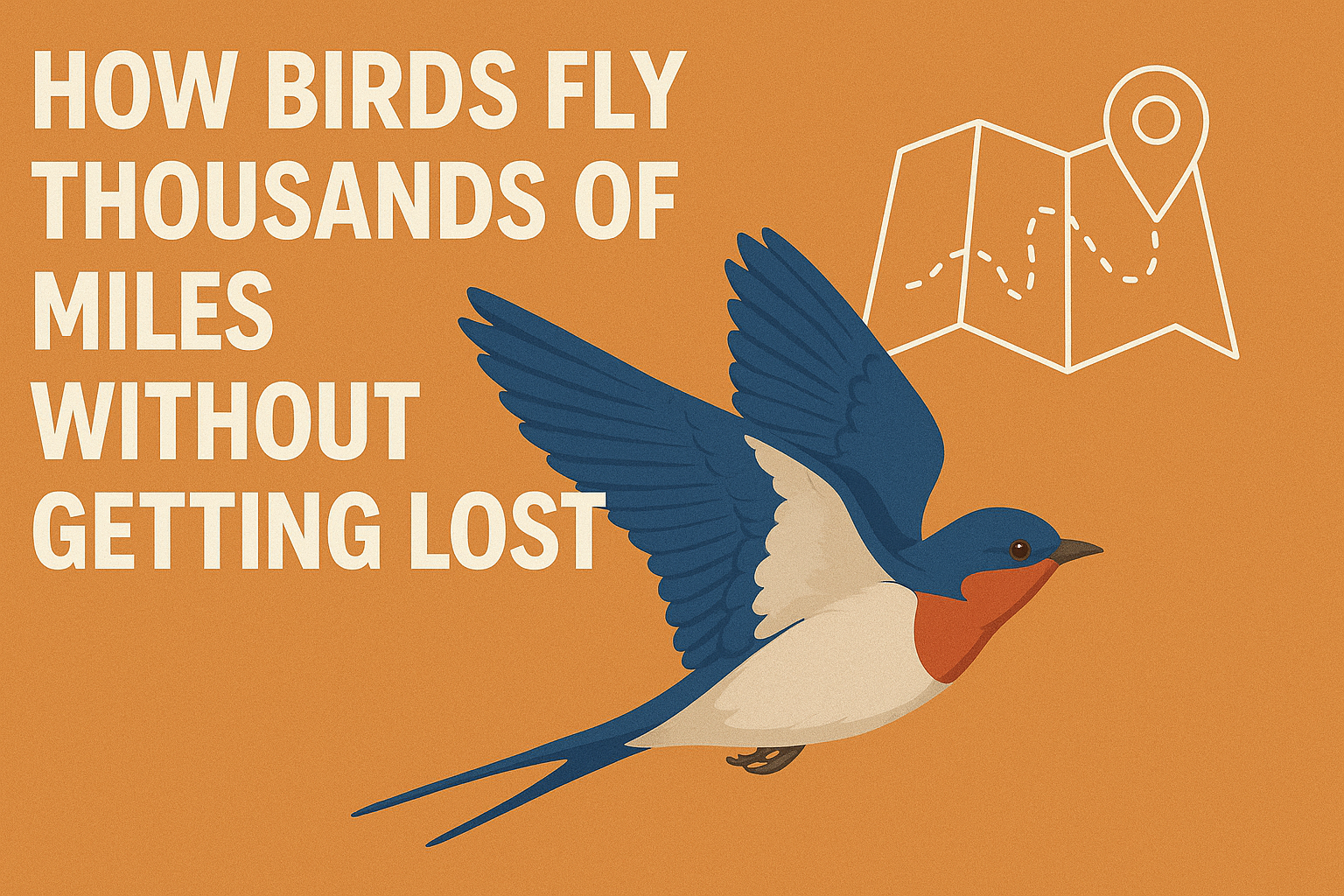Introduction
Colombian Spanish is abundant in jargon, cutesy nicknames and peculiar cultural turns of phrase. One of these words which attract a lot of attention is Tata. You may come across it in everyday communication or read it in chats among family members. What is however the meaning or rather how did Tata come about in Colombia and why is it so spread out? The reason of this is in the combination of linguistic history, family love and the local tradition. In the following article, the etymologies, contexts and cultural relevance of the term Tata in the Colombian culture will be discussed including the comparison with its usage in other cultures.
The meaning of the Word Tata
Tata is mostly used as a term of endearment to a grandmother or on some occasions a grandfather in Colombia. In some families and depending on the location, young children can also use it when referring to their parents. Like mama or papa the word Tata is soft, plain and toddlers can pronounce it easily which may be the reason why its adoption is in early childhood in the family.
The word is not directly translated into the English language but plays the same role as other words, such as granny, nana or papa. It is an emotional, loving nickname, which actually says love, proximity, and respect. Tata has a powerful sentimental value in Colombian families; this is mostly witnessed in tightly knit families.
Colombian Values in the Families
Colombia has a culture of a family oriented nation. Members of a family are usually geographically close, help and assist and stay closely attached across generations. Now in this context, the nicknames start to mean a lot more than a casual saying, e.g. the nickname Tata. Children get exposed to the term, as they grow up using it and when they reach their adulthood, they convey to the next generation. This makes it a cultural cycle as terms like these become a very important aspect of one life.
Tata also serves to depict the high level of respect among the Colombians towards aged people. Among most Colombian families, grandparents, and more so the grandmothers, are very crucial. They contribute to the upbringing of their children, transmission of traditions and guides of morality. Calling a grandmother Tata is not just a show of endearing someone, but the indication of respect and praise.
Regional differences Colombia
Even though tata is a common word in most parts of Colombia, it is slightly varied in the application in specific regions. In the rural locales, the term is usually more prevalent among grandparents, whereas, in the city, you may hear it more generally to refer to the older members of the family or even close family friends. Some communities even use Tata to refer to a family patriarch or a matriarch, whether a biological or not even when they are not grandparents.
In Antioquia, as in some other regions, considered as a region with elaborate traditions of the family and conservative people, it is always addressed to grandmothers only as Tata. Conversely, in Bogota, the capital, one may use the word more informally and refer to both grandparents or even old-aged caretakers at large.
Etymology and Etymonymology Origins and its lingual knots
The term Tata must have origins in babies talk and language development at an early age. Quite frequently, linguists state that some of the first sounds a baby makes are repetitive syllables such as ma-ma, pa-pa, and ta-ta. It is incorporated in most cultures of the world such that parents and grandparents are addressed using these syllables.
The different countries in Latin America took the usage of such words in their own way. Take the example of Argentina where a grandfather is called Tata as compared to a grandmother. In Mexico, it can be applied rather broadly to any older person. The use of the Spanish word Tata, by the Colombians, appears to have grown out of mixed native tongues, the influence of the Spanish colonialist movement, and the local language changes to give a term that is functional, as well as emotionally charged.
Comparison with the Other Spanish Speaking Countries
Though Tata is common in Colombia, it is not unique to Colombia. In Spain, e.g. Tata may also be interpreted as a nanny or a babysitter. The word can be used the same in countries such as Chile and Peru, but that may not have the same value in terms of love and care as it has in Colombia.
In Argentina, as previous indicated, Tata is normally used to refer to the grandfather and even served as a nickname to describe one of the South American liberators, Jose de San Martin, called El Tata. This goes to demonstrate that a particular word may have varying meaning on basis of the culture and history of that given nation.
The Power of Word in Emotion
One aspect of why the name Tata has become a lasting phenomenon in Colombia is because of the emotional connection. To the people of Colombia, the mention of the word creates an immediate recall of nights spent in childhood, warm kitchens, the smell of arepas, and touching to heart all those wonderful and insightful words of old wise grandparents. The word is closely connected with identity, belonging and love.
The term in fact continues after the demise of the individual it concerned in most families. The grandchild raised on the name Tata will probably use it to refer to her grandmothers in his tales or prayer hence his memories are not lost. The emotional strength of the word was, thus, not restricted to short-term application, it became the heritage of a family.
Modern Use and Popular Culture
Even in contemporary Colombia, the term Tata remains in wide use, although in the present context the Spanish language is being influenced by modern forms of slang and foreign languages. When you are on social media, you can find photographs posted by the Colombians of the Tata on the mother day or birthdays. Tata is also the term used by some Colombian celebrities and influential persons to refer to their grandmothers which further contributed to usage of the term by younger generations.
Interestingly, there are individuals now who jokingly or in a sarcastic manner use the word Tata to someone who behaves like an elder or to someone who told them unwarranted advice. The word is also used flexibly in an informal context though still affectionately.
Conclusion
“Tata” is an inconspicuous phrase, yet the cultural burden of the same, in Colombia, is immense. It shows the family life of Colombians as it is full of warmth, respect and strong emotional attachments. Whether it began as a term of endearment in its early development of speech or whether it was a word of comfort in the Colombian families, Tata lives beyond being a nickname in itself, rather it is a sign of love and tradition, as well as a memory. Some words like Tata are important not only to know the meaning of but also when you are visiting Colombia or even when you are learning its language understanding such word gives you an insight into the core of the Colombian culture.




